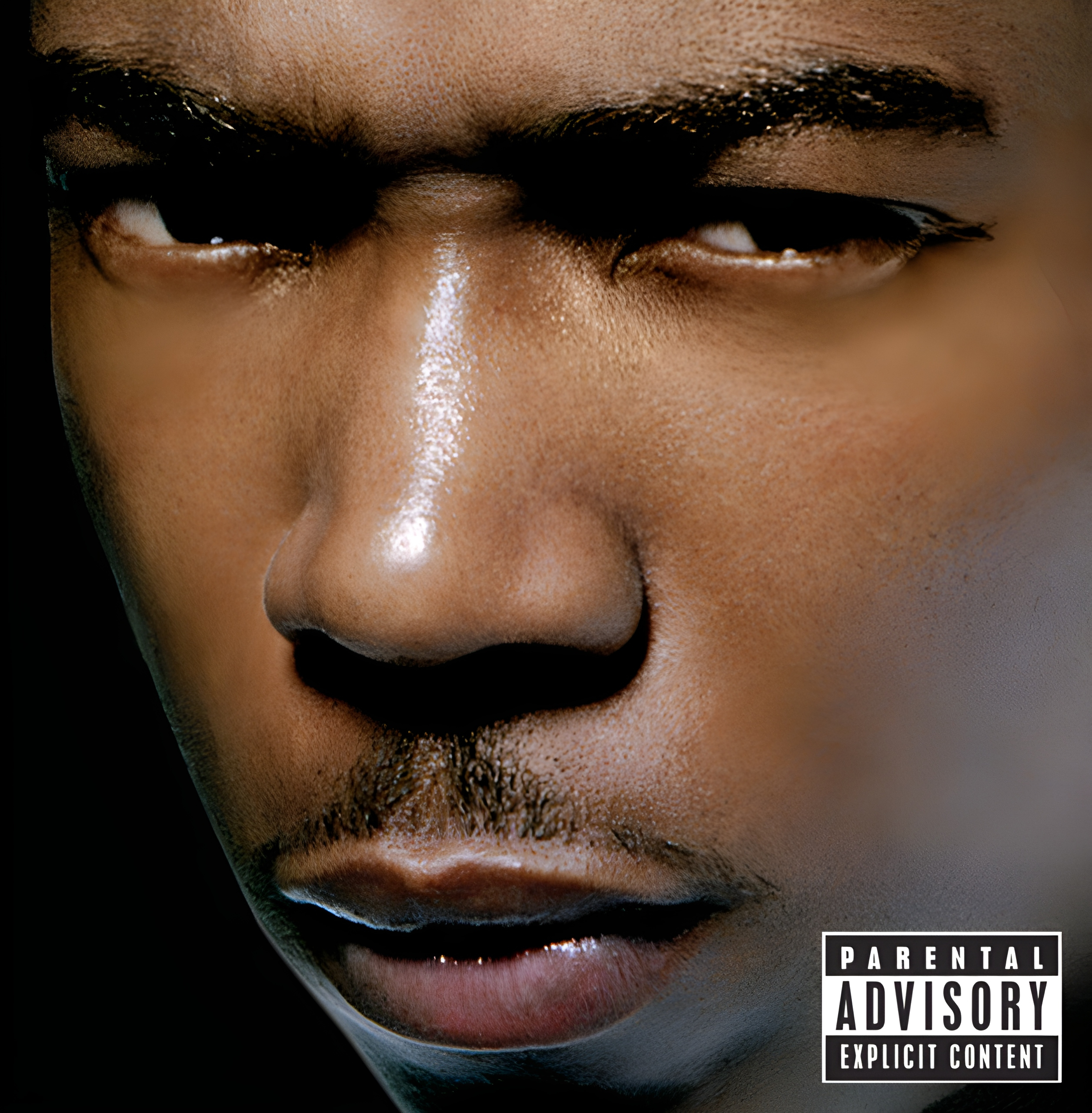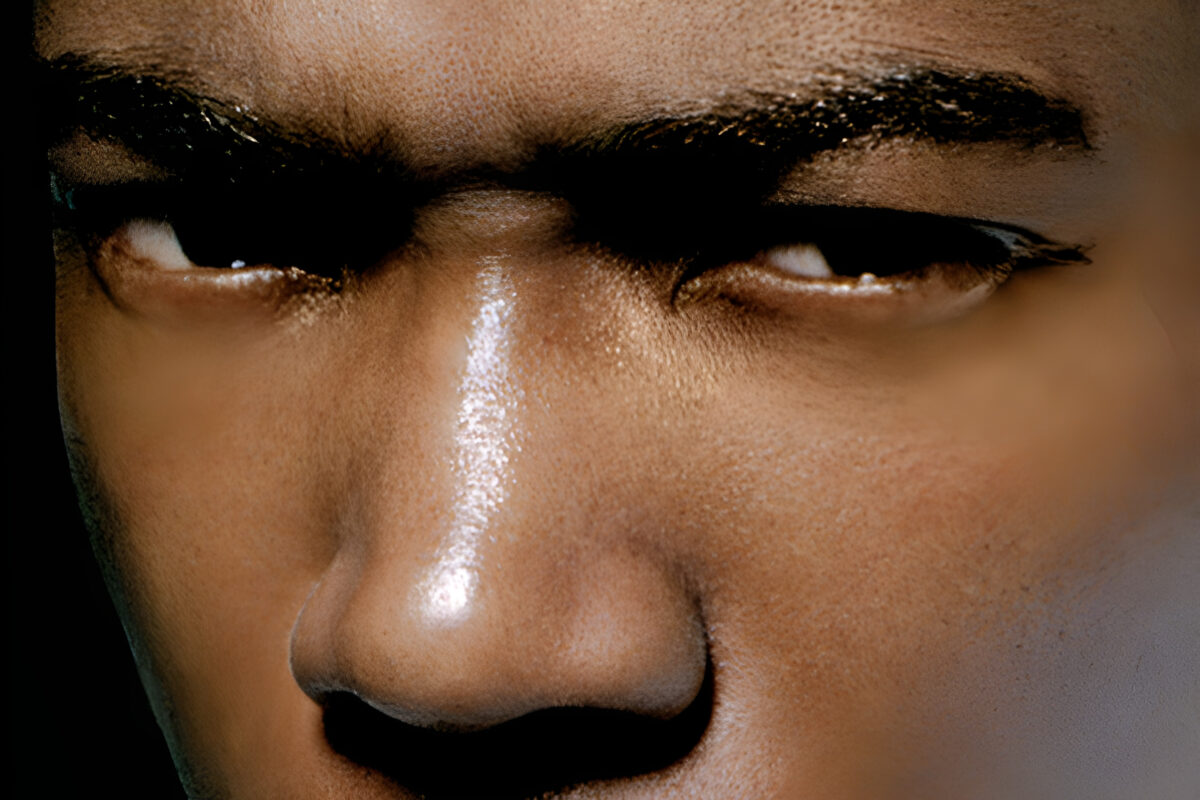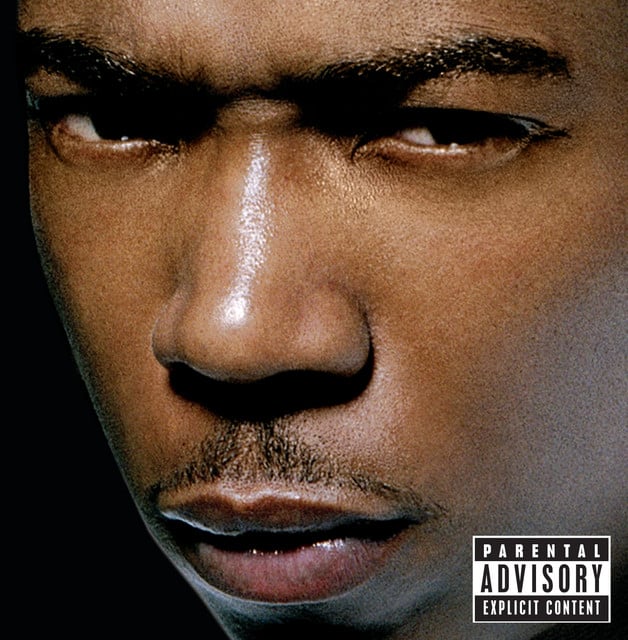Released: 2004
“Gun Talk” by Ja Rule featuring Black Child is a track entrenched in themes of violence, survival, and the cutthroat realities of street life. This song delivers a narrative that highlights the raw and often brutal dynamics within the urban jungle, offering a window into the aggressive mentality required to thrive amidst adversity.
The chorus immediately sets the tone of the song with lines urging individuals to “grab the nine”—a reference to a 9mm handgun, symbolizing the necessity of being armed and ready to protect oneself in a dangerous environment. The hook underscores the importance of maintaining one’s reputation and survival through violence, a harsh commentary on street culture.
The verses present an unapologetic reflection of the artist’s surroundings, where trust is a rarity and aggression is necessary. The phrase “grab the calico” refers to another type of firearm, painting a picture of an arms race, metaphorically speaking, where individuals are encouraged to arm themselves to face threats. The mention of “INC”—Murder Inc., the label—proclaims their dominance and preparedness to use force to maintain their position in the music industry and on the streets.

Ja Rule’s delivery is straightforward and menacing, and he implies that without authenticity, individuals will falter. He asserts the dominance of real players while challenging any who claim the streets without merit. It’s a critique on inauthenticity and a boast of superiority over the so-called “bitch niggaz” and “fake niggaz”—slang for individuals deemed weak or fraudulent.
The narrative weaves in elements of crime and underworld activity—”money laundering, tax evade and drug dealers”—creating an aura of illicit prowess that bolsters the tough image Ja Rule projects. By integrating these elements, he fortifies his persona and the criminal image associated with street credibility.
The line “You know they talk, and the pillows be my witness” cleverly alludes to pillow talk—private conversations overheard, emphasizing how trust can be violated easily and how these whispers contribute to the street’s ecosystem of rumors and retaliation. This reinforces the underlying theme of constant vigilance against betrayal.
Black Child’s verse reinforces the hostile environment by showcasing a survivalist mindset. The raw depiction of crime, betrayal, and ruthless pragmatism illustrates the heavy emotional toll and the lengths one must go to in order to maintain status and survive. Phrases like “product of the hater” and “the gauge and the glock” reflect the grim realities of those living in areas where violence is pervasive.
Further, there’s a sinister pleasure derived from this world—“Married murder one, sleep with the fishes,” playing on mafia lexicon where the narrative finds comfort in violence and chaos. These lines serve as both a threat and an acceptance of the destructive nature of street life, where the speaker’s environment has made crime a part of identity.
As the track continues, the artists address various methods of retribution and self-defense—“Load up the clip’s and flip the corner,” illustrating a readiness to act without hesitation. The intense imagery offers an authentic peek into the brutal landscape, where ‘dog-eat-dog’ dynamics dictate actions and allegiances.
In closing, “Gun Talk” stands as a raw declaration of strength, caution, and survival within a world of moral ambiguity. It’s a portrayal of a tough environment where violence is often seen as both necessary and inevitable, defining one’s place within a hierarchy dictated by power and perception. This song, typical of its era, captures the stark realities of inner-city life and the constant battle to maintain one’s dignity and position amid threats and adversity.








